Project-based learning (PBL) can be utilized to engage students, but most importantly should be a powerful lever to provide rigorous mathematical and scientific experiences for students. Come learn with us about the Project Planning Pyramid Framework, a tool developed to strengthen the disciplinary content and practices present in projects, in order to help support all students in accessing rigorous math and science through your PBL courses. Walk away with key takeaways for your next project.
Teaching Strategies
-
Online Workshop 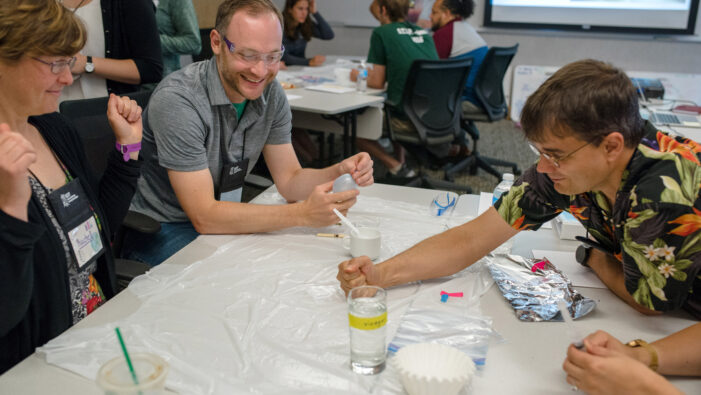
Project Planning Pyramid Framework
7:30PM – 9:00PM ET Free Zoom Learn More Register -
Online Workshop 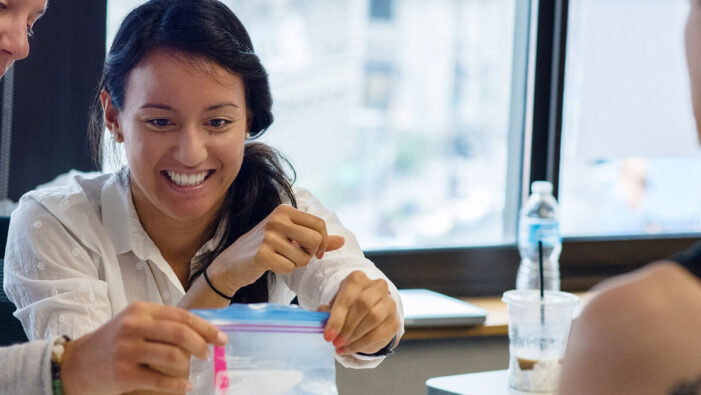
Promote Engagement in Math through Lesson Design
Free Zoom In this workshop, teachers will learn how high cognitive demand tasks increase opportunities for students to access learning. Teachers will explore ways of modifying tasks to increase students' abilities to engage in sensemaking. This workshop will assist teachers in gaining the knowledge and confidence needed to design and modify tasks for their math classrooms.rn
Learn More Register -
Online Workshop 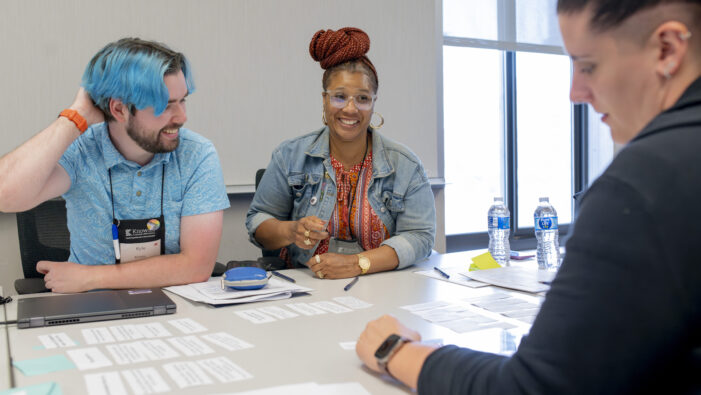
Engineering to Empower
7:30PM – 9:00PM ET Free Zoom How can we integrate engineering into math and science classes to help students develop a more meaningful understanding of real-world issues? We’ll use a Four-Level Empowered Engineering framework to explore how engineering integration in science and math offers students a range of opportunities for learning, engagement in community issues, and agency for solving problems in their world. Teachers will identify entry points in their curriculum to integrate engineering and social justice.
Learn More Register -
Online Workshop 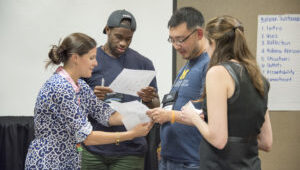
Actionable Norms for Effective Groupwork
7:30PM – 9:00PM ET Free Zoom How can students learn to integrate their content knowledge with effective communication skills to solve meaningful and complex problems in a collaborative setting? In this workshop, teachers will learn strategies and principles for establishing a classroom culture of effective and meaningful student collaboration through the clear and intentional setting of actionable norms—working persistently, communicating productively, and taking risks. Leave this workshop with strategies that leverage the use of the actionable norms to encourage more students to effectively participate in groupwork activities.
Learn More Register -
Online Workshop 
Project Planning Pyramid Framework
7:30PM – 9:00PM ET Free Zoom Project-based learning (PBL) can be utilized to engage students, but most importantly should be a powerful lever to provide rigorous mathematical and scientific experiences for students. Come learn with us about the Project Planning Pyramid Framework, a tool developed to strengthen the disciplinary content and practices present in projects, in order to help support all students in accessing rigorous math and science through your PBL courses. Walk away with key takeaways for your next project.
Learn More Register -
Online Course 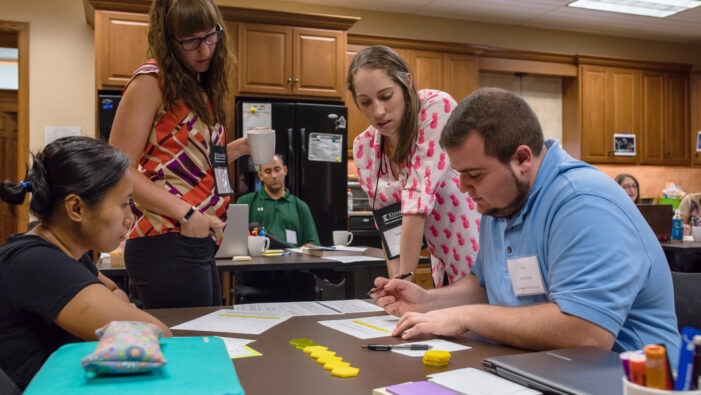
Empowering Students & Communities with Engineering Design
7:30PM – 9:30PM EST 25.00 Zoom Investigating community issues in math and science classes can promote equitable teaching practices and culturally relevant learning. But do students walk away feeling overwhelmed by realities? Or empowered to work for solutions? Learn how the engineering design process can support students to deepen their understanding of challenges in their communities AND feel empowered to design and advocate for just solutions to those challenges. Participants will engage in rich engineering projects, unpack associated community issues and their implications, and explore how practices of science, math, and engineering can help learners develop and optimize solutions to these issues. The course highlights community empowerment through lines of the engineering design process: uncovering values, students as agents of change, and stakeholders and encouraging voices. Led by instructors who are experienced in integrating engineering into math and science classes, this course will support participants in identifying entry points in their own curriculum for integrating engineering and community issues.
Tuesdays, February 24 – March 31, 2026Learn More Register -
Online Workshop 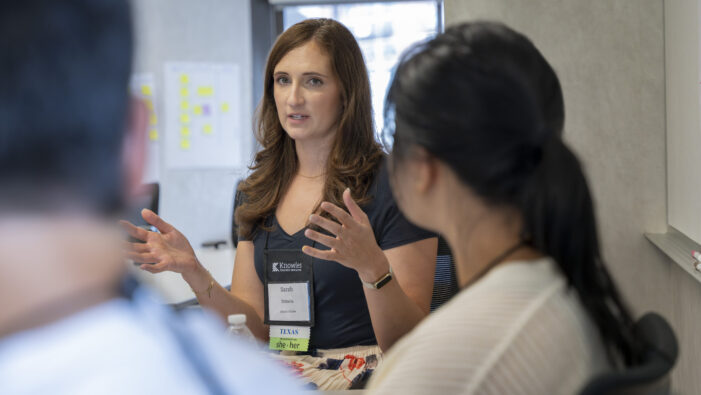
Actionable Norms for Effective Groupwork
7:30PM – 9:00PM ET Free Zoom How can students learn to integrate their content knowledge with effective communication skills to solve meaningful and complex problems in a collaborative setting? In this workshop, teachers will learn strategies and principles for establishing a classroom culture of effective and meaningful student collaboration through the clear and intentional setting of actionable norms—working persistently, communicating productively, and taking risks. Leave this workshop with strategies that leverage the use of the actionable norms to encourage more students to effectively participate in groupwork activities.
Learn More Register -
Online Course 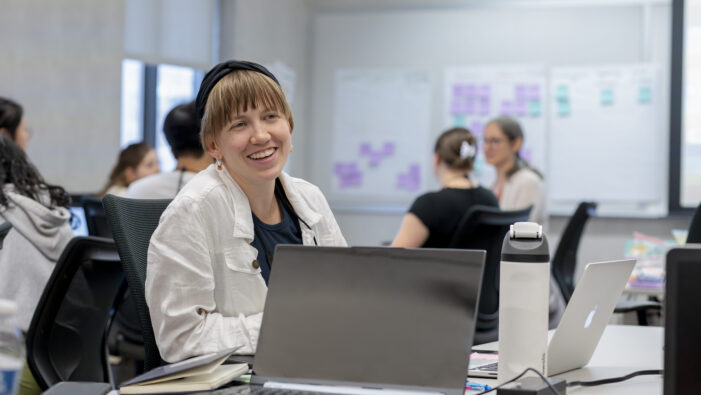
AI Essentials for Educators
7:00 PM-9:00 EST 25.00 Zoom Discover how AI can enhance your teaching practice. In this workshop, you’ll explore practical applications of AI tools that can support both classroom instruction and behind-the-scenes tasks like lesson planning. We'll provide hands-on opportunities to engage with AI and consider how it can be adapted to your specific teaching context. Whether you're just starting out or looking to deepen your AI literacy, you'll leave equipped with tools and strategies to confidently incorporate AI into your teaching.
A $25 registration fee is required to secure your spot. As a token of our appreciation for your commitment to your students and advancing math and science education, attendees who complete at least 5 out of the 6 sessions and complete a brief feedback survey will receive a $50 gift card. Time is allotted at the end of the final session to complete the feedback survey.
Wednesdays, April 15 – May 20, 2026Learn More Register -
Online Workshop 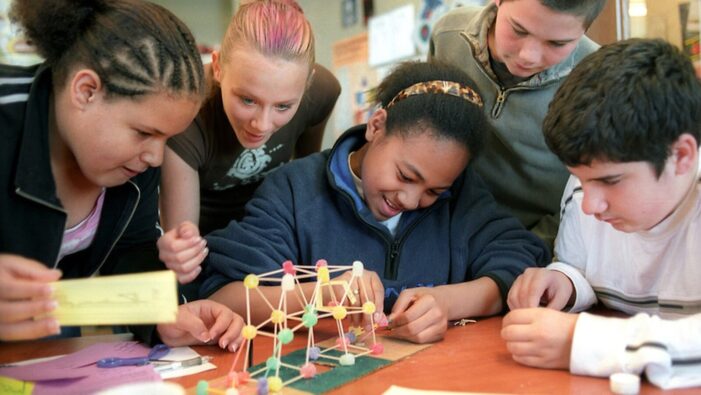
Engineering to Empower
7:30PM – 9:00PM ET Free Zoom How can we integrate engineering into math and science classes to help students develop a more meaningful understanding of real-world issues? We’ll use a Four-Level Empowered Engineering framework to explore how engineering integration in science and math offers students a range of opportunities for learning, engagement in community issues, and agency for solving problems in their world. Teachers will identify entry points in their curriculum to integrate engineering and social justice.
Learn More Register